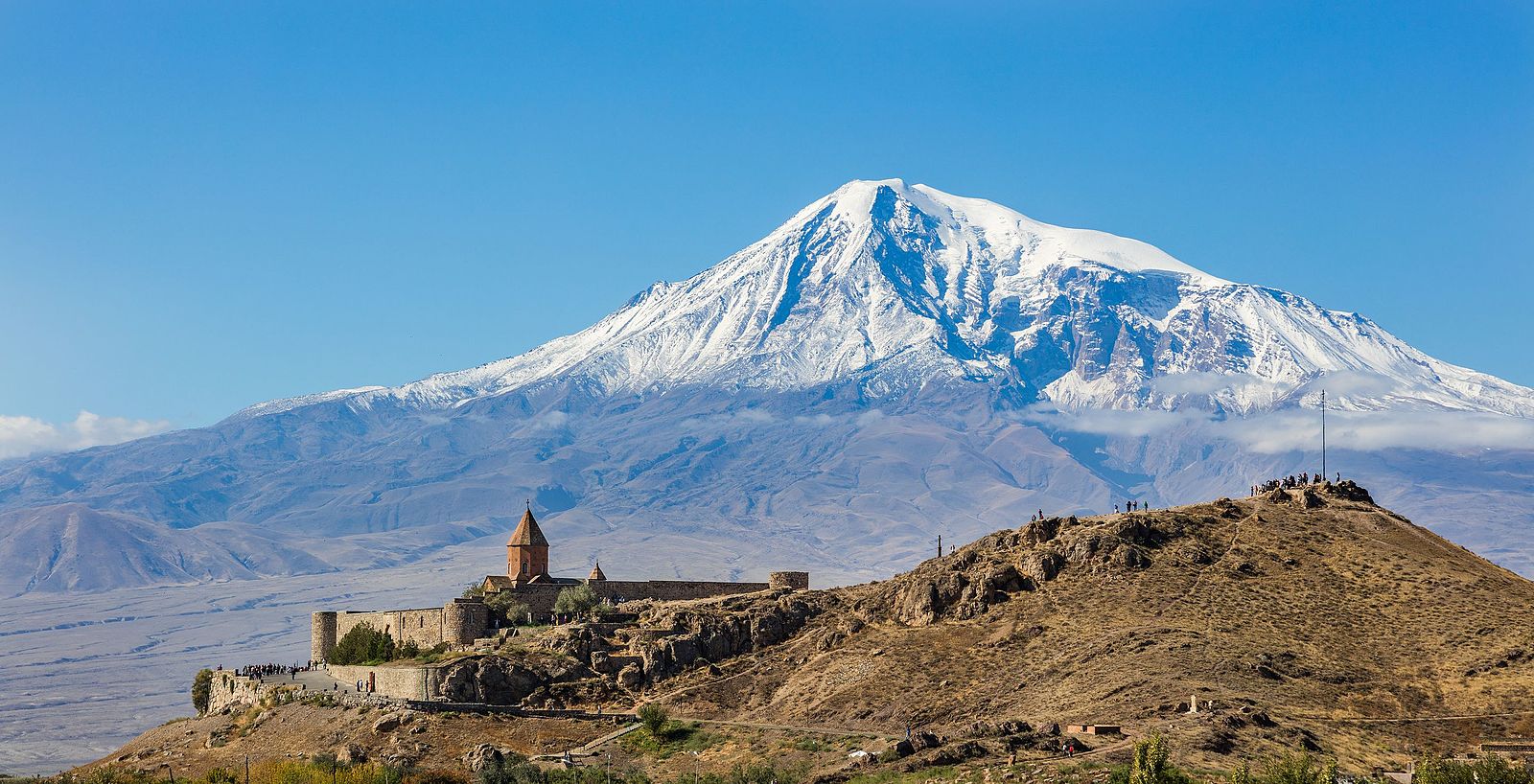Jenny Hall
Verses from the Dhammapada 288
The Buddha taught that all things are impermanent, therefore if we rely on the people, things and circumstances that surround us, we will inevitably live in fear that these things will one day leave us. Jenny Hall examines what it means to take refuge in our own hearts.
 ©
©
‘Neither relatives nor sons can give refuge when one is faced with death.’
Sadly, since the start of the COVID 19 pandemic, many are grieving for their loved ones. It is only natural to feel sadness and loss. The Buddha himself, when his two chief disciples died, said,
“The assembly seems empty now that Sariputta and Mahāmoggallāna are no longer here.”
The coronavirus has also forced us all to contemplate our own demise. No longer can we attempt to push it’s reality away. This teaches us that nothing in life is certain. As the verse says, not even our family can protect us.
However, the Buddha taught that the ‘me’ that fearfully seeks such a refuge is actually a delusion. At our birth, aggregates (body, sensations, perceptions, mental formations and consciousness) come together to create our being. These components, like everything else are constantly changing. Eventually they break up. The form dies. Despite this, we spend our lives clinging to this ever changing ‘I’. We attempt to secure it by chasing after what we desire and avoiding what we hate. Even in the face of death we may attempt to bolster it.
There was a woman who planned her own funeral down to the last detail. She recorded a video of herself to be shown at her funeral service. When the time came, the mourners were able to see and hear her on a screen. She smiled and welcomed everyone. “Welcome everyone. Thank you for coming. I’m very pleased to see you all.” Her smile then changed to a glare as she added, “All except you.” At this point she named someone in the congregation. “I’ve never liked you!”
Emotions such as hate and desire fuel the thought streams which create the illusion that ‘I’ exist. Unlike the woman in the video, we often are loath to acknowledge these feelings. The Buddha however, taught that the emotional energy, the life force, is precious. Zen training involves conserving it rather than wasting it in thoughts, speech and action. Neither are we told to repress it. We are encouraged to meet it and to suffer it. We do this by reverently inviting it to ‘burn me away’. The energy is then transformed into the energy of the Buddha Nature, what Krishnamurti called ‘choiceless awareness’. This is freedom from ‘me’. As we follow the daily timetable including zazen, we continue to empty out ‘me’ by wholeheartedly giving ourselves to everything arising. In choiceless awareness we become one with the neighbour, the birdsong, the ironing.
This at-one-ment with all is a return to where we have always been. Before we are born, we are one with the universe. There is no ‘me’. At birth we are given a name. As we grow up we believe we are ‘someone’. We feel separate from the universe. This creates fear. When choiceless awareness opens, ‘I’ fades away and fear also vanishes. We are no longer separate. This is what Montaigne once described as ‘befriending death’ in life.
In the story of Hercules’ dream, Hercules was following a path which divided into two. One was smooth and easy to tread. It led down a mountain to a vibrant city. This was the path which ignored death. The other was very rough. It looked very difficult to climb. It led up the mountain. Its peak was lost in the clouds. This was the path on which it was possible to befriend death. Hercules couldn’t make up his mind which path to follow. He suddenly saw a young woman walking up from the city. Her dress was embroidered with multi-coloured flowers. In her hair was a wreath of withered roses. She told Hercules that the city would provide everything he could possibly desire. There would be no need to work. He would be able to relax and listen to the music of the lyre all day. Hercules could hear the strains floating upwards. He was tempted to follow the path to it. Something, however, held him back. Another woman appeared dressed in a plain white robe. Her eyes were sad but full of courage. She told Hercules that she would tell him the truth. She said her sister was deceiving him. The pleasures of the city were transitory and ultimately unsatisfactory. She urged him to leave all such pursuits behind and follow the mountain path. there were many dangers in the form of loose rocks and deep ravines. It would be necessary to give himself wholeheartedly into each step of the way. By doing so, Mount Olympus, where the Gods lived, would be revealed. Hercules showed wisdom and chose the holy mountain path.
The mountain can be seen as the state of ‘choiceless awareness’. The clouds obscuring its peak are our incessant thought streams driven by grief, fear, desire and hate. When, like Hercules choosing to give himself into each step up the mountain, we wholeheartedly embrace our suffering, the clear, radiant knowing of choiceless awareness opens. Ever present, in each changing moment it is our refuge. The Buddha called it the path to the deathless.
………………………
Text copyright to Jenny Hall




































































